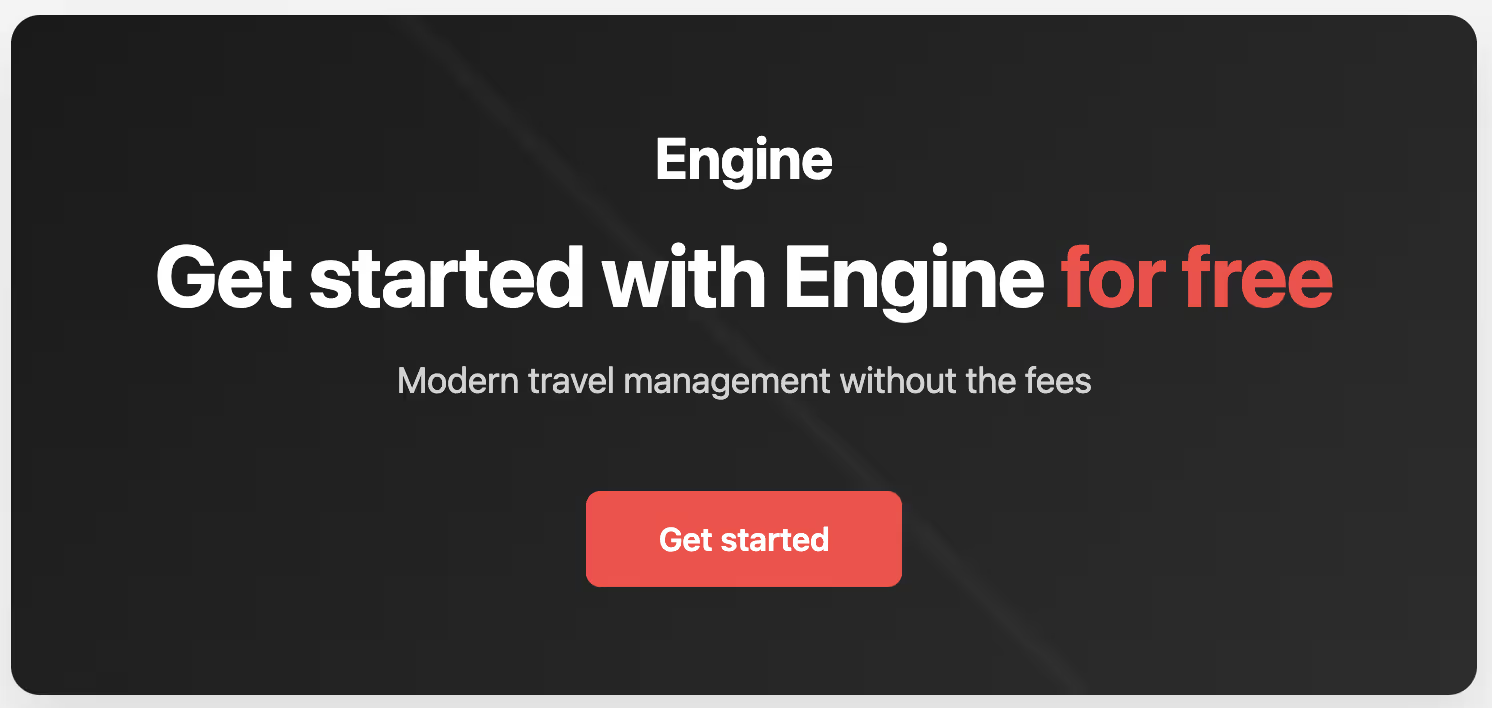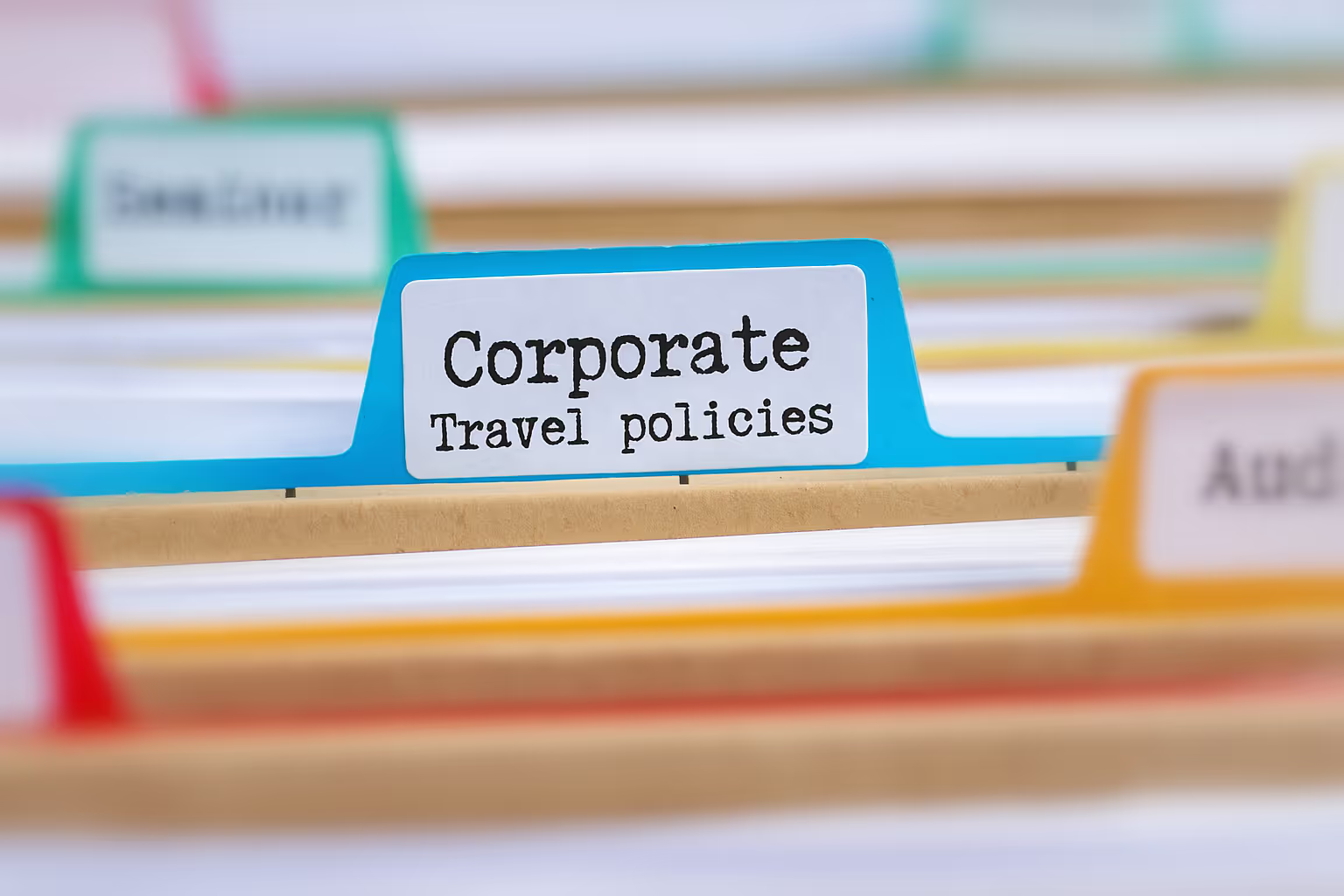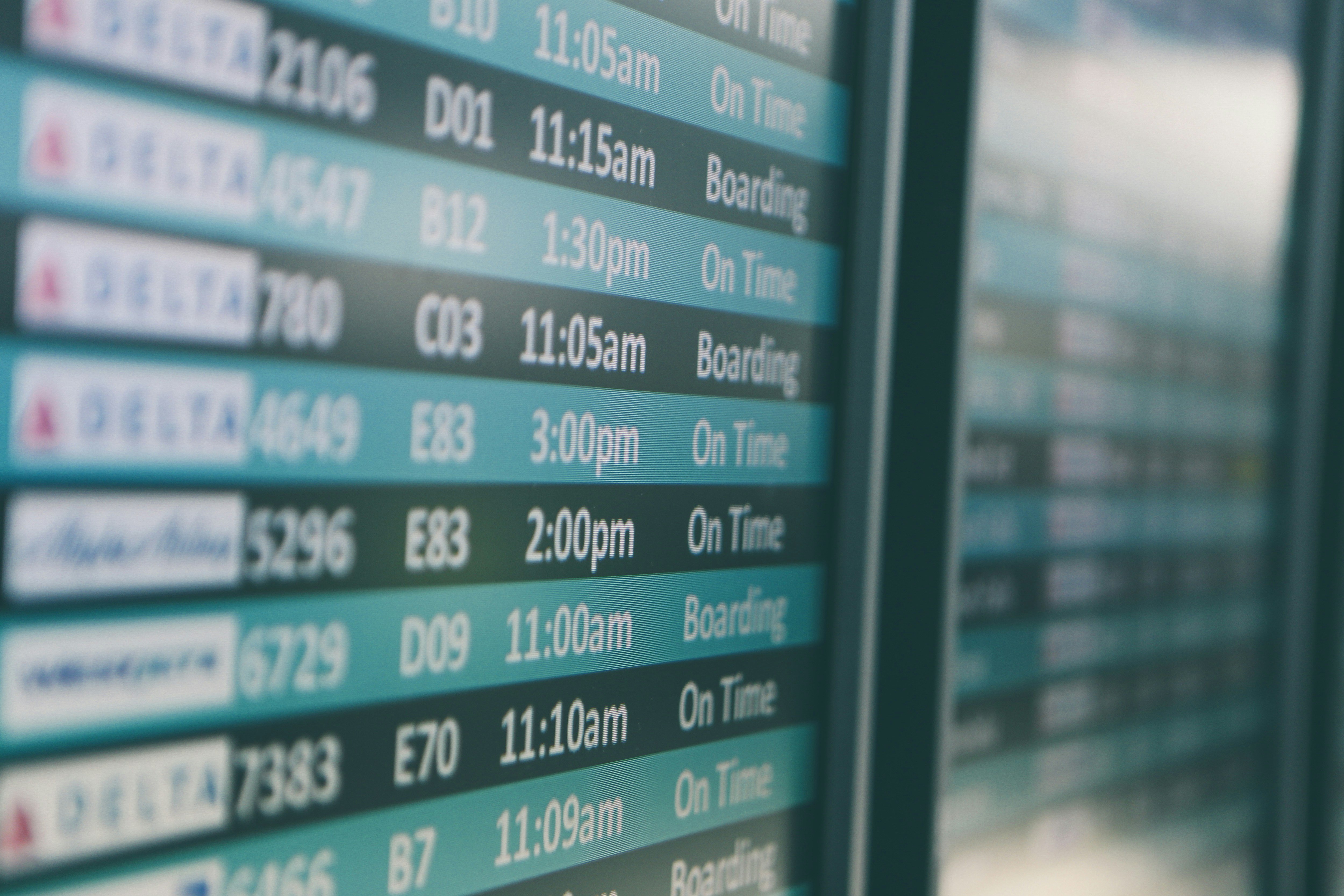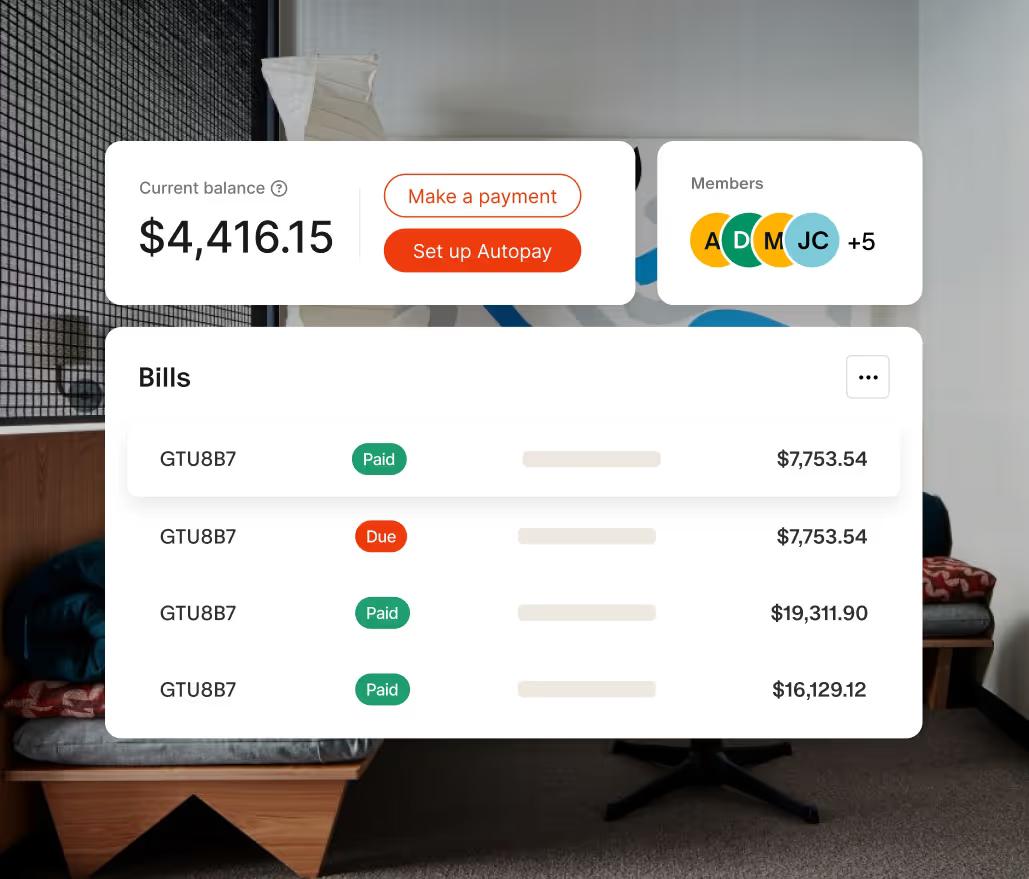Business Travel Industry Outlook 2026: 6 Trends & Solutions for Project Teams

It's Wednesday morning, and your operations manager calls. The Gulf Coast refinery maintenance shutdown got moved up by three weeks. You need 12 hotel rooms by Friday, but the booking platform crashes when you try to reserve more than 6.
Now you're calling hotels individually while your finance team asks why last month's travel costs are still scattered across three different systems with no project codes.
While industry analysts talk about "modest price increases," you're doing the math. Those small percentages multiply fast when you're booking entire crews.
Travel changes are forcing you to rethink everything: supply constraints mean fewer hotel options, new compliance requirements demand carbon tracking for every trip, and technology gaps leave you juggling spreadsheets instead of managing projects.
This is about crew logistics that can make or break project timelines. Here's what's changing in 2026, and how to handle it before it handles you.
Track Rising Costs That Hit Project Budgets With $708 Flights
Your Q4 budget review shows travel costs climbing 12% over last year, but project revenue stayed flat. GBTA forecasts show what you'll pay in 2026:
- Airfares: $708 average (0.4% increase from 2025)
- Hotels: $166 per night (1.2% increase)
- Car rentals: $48 daily (2.8% increase)
When you're booking for crews, these "modest" increases multiply fast.
Reserving 15 rooms and multiple flights for a single project means percentage increases become real budget hits that can blow project margins if you're not tracking them in real-time.
Without proactive planning, project margins shrink and competitive bids become impossible to win.
Engine builds real-time cost tracking into every booking. Your project budget shows hotel costs the moment rooms get reserved, not weeks later during month-end reconciliation.
When airfare jumps mid-project, you see the impact immediately and can adjust before costs spiral.
Handle Supply Constraints With Consolidated Group Booking
Supply constraints are hitting secondary markets with limited options. GBTA reports "constrained air capacity growth" and "limited hotel supply pipelines" affecting regional routes that construction, energy, and manufacturing companies depend on.
You know that panic when your crew needs 10 rooms by Thursday? You're calling the two properties within 30 miles, hoping for availability. Consumer platforms crash after 6 rooms. You end up making dozens of calls, losing negotiated rates, while your field workers wonder where they're sleeping.
This booking chaos wastes your time and creates uncertainty for crews who want to focus on the job, not worry about whether their accommodations are confirmed.
Consolidated group booking solves this operational and human challenge, but only if platforms understand how you work.
Engine handles group logistics, arrival coordination, project cost allocation in one workflow that reduces stress for both managers and field workers.
Meet New Environmental Compliance Requirements
Environmental mandates are becoming standard requirements in project contracts throughout 2026, creating new operational challenges for field teams and penalties that can exceed your annual travel budget.
Ignore the EU CSRD requirements, and you could face client contract rejections, regulatory penalties, and audit failures that cost more than implementing compliance.
This policy affects nearly 50,000 companies, including US companies working on European projects. For project-based companies, this means tracking every flight, hotel night, and rental car by location and project—then calculating carbon footprints for audited regulatory reporting.
Traditional expense reporting systems weren't built for carbon calculation and EU regulatory standards. You need:
- Emission factors by transportation mode
- Distance calculations for carbon reporting
- Project-level allocation for audit trails
- EU regulatory compliance documentation
Policies like "rail over air for trips under 400 miles" work for consultants traveling between major cities. They're useless when your energy crew needs to reach a remote wind farm with no rail connections.
Engine delivers consolidated invoicing by project code. No hunting, no manual calculations, no audit surprises.
Adapt to Managed Travel Programs Expanding Into Field Operations
Corporate travel policies were written by people who've never booked 12 rooms near a wind farm at 5 AM.
Your crews don't have the flexibility policy writers assume: specific arrival times, proximity requirements, crew coordination needs that office workers never face. The problem intensifies as managed travel programs expand to cover field operations.
Traditional policy enforcement creates administrative overhead that defeats cost control. Approval workflows break down when project timelines shift and crews need rebooking within hours.
Rate caps ignore market realities where remote locations command premium pricing due to limited supply.
Modern systems flag out-of-policy bookings before crews check in, but with built-in flexibility for limited-option job sites. Effective corporate travel policies focus on outcomes: cost tracking, project allocation, and duty of care requirements, regardless of booking method.
Rewrite travel policies with field reality in mind. Create project-site exceptions for rate caps, booking lead times, and vendor restrictions. Focus on cost allocation and safety requirements rather than process compliance.
Use Mobile-First Platforms to Replace Desktop Travel Tools
When booking systems fail at critical moments, crews get stranded and projects face costly emergency rebooking.
Enterprise travel platforms crash when you try to book from construction trailers with spotty connectivity. Most corporate travel platforms were built for desktop users with stable connections, not field operations requiring:
- Offline booking capability for remote locations
- Mobile interfaces that work on phones
- Simple workflows without training requirements
- Integration with existing project management tools
Current travel trends favor mobile-first solutions, but integration challenges multiply across project systems.
Travel platforms requiring separate logins, duplicate data entry, or manual cost allocation create overhead that defeats efficiency objectives.
When crews need bookings confirmed at remote job sites, you need platforms that work reliably under field conditions.
Test travel platforms under real field conditions before deployment. Verify mobile performance with limited bandwidth, offline capabilities, and integration with existing project management tools.
Build Real-Time Cost Intelligence For Project Budgets
Without real-time visibility, budget surprises hit during month-end close when it's too late to adjust.
Real cost control starts with verified benchmarks. Track metrics that reflect real business impact:
- Cost per project and budget variance by job site
- Administrative time spent on booking coordination
- Project-level cost allocation accuracy
- Rebooking frequency due to timeline changes
Consolidated billing eliminates the biggest cost driver, receipt collection and manual expense allocation.
When project costs are automatically tagged and invoiced directly, you avoid hours of monthly reconciliation work. Real-time project cost visibility helps you make informed decisions about timeline changes before they blow budgets.
Smart companies negotiate dynamic pricing agreements that adjust with market conditions. Project-code automation ensures accurate cost allocation without manual data entry overhead.
Prepare for 2026's Business Travel Complexity With Engine
You need platforms built for your operational reality.
Engine's project-focused approach handles crew logistics complexity, regulatory compliance, and cost control in one integrated system designed for field operations rather than conference rooms.
When travel costs and compliance requirements keep climbing, the solution is purpose-built platforms that understand how project teams work.
Don't let 2026's travel trends catch you unprepared. Engine tackles the challenges covered in this outlook: real-time cost tracking for those $708 flights, group booking that works when supply is constrained, and project code automation that eliminates receipt chaos.
Built for construction, energy, and manufacturing teams who can't afford booking disasters or budget surprises. See how Engine handles future challenges with a quick demo focused on your specific project needs.

Frequently Asked Questions
How far in advance should project-based companies book travel in 2026?
Book crew accommodations at least 3-4 weeks in advance for secondary markets where supply constraints are tightest. For critical project timelines, establish backup booking relationships before you need them rather than scrambling during peak construction seasons.
What's the most common mistake companies make when switching to managed travel programs?
Most companies try to force field operations into policies designed for office workers, creating compliance nightmares at remote job sites. The key is building project-site exceptions and focusing on cost allocation outcomes rather than rigid booking processes.
Will business travel costs stabilize after 2026 or keep rising?
GBTA forecasts suggest price growth will moderate through 2026, but underlying supply constraints in aircraft capacity and hotel construction mean costs are unlikely to decrease significantly. Smart companies plan for continued gradual increases while building operational flexibility to handle unexpected spikes.


.jpg)












.jpg)





.jpg)



.jpg)







![How to Get the Best Hotel Deals and Rewards [Infographic]](https://cdn.prod.website-files.com/66a41388b1be9ba182f1e80c/66a41388b1be9ba182f1f257_Windsor_Hotel_-_in_winter.avif)
.avif)

